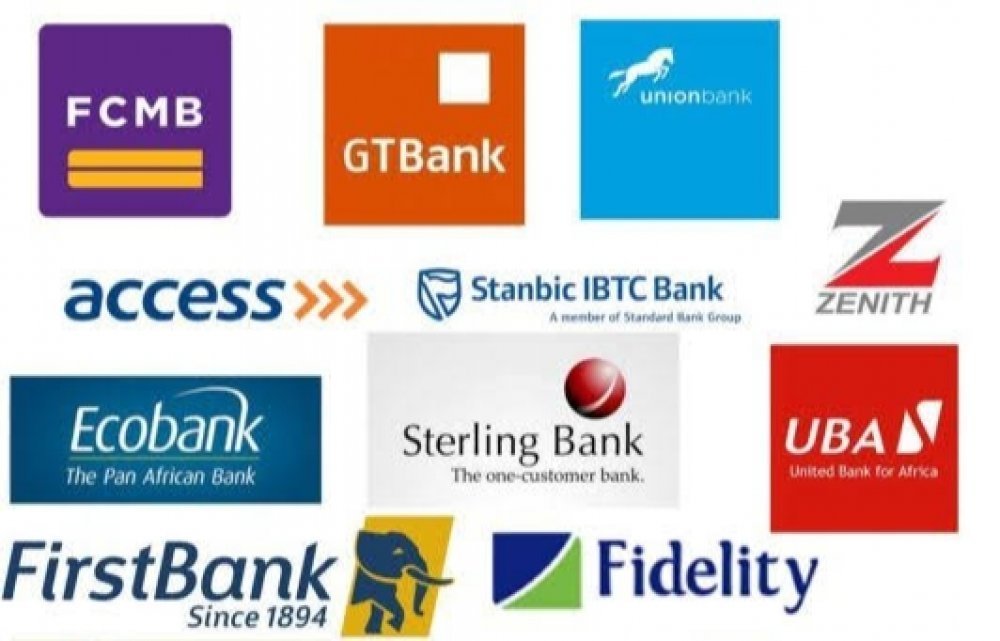Access Holdings and other major banks in the country are in a race to shore up their capital, positioning themselves to take advantage of economic expansion opportunities and secure significant deals that may arise in the new dynamic.
Already, Access Holdings, Fidelity Bank and other banks are taking concrete steps to attract potential investors.
Access Holding has taken the lead, having announced in April the successful completion of a $300 million (N240 billion assuming $800/$1) capital investment into its flagship subsidiary, Access Bank Plc.
Following Access Holding’s move, other banks in Nigeria have been prompted to assess their own capital needs and adopt proactive measures.
READ ALSO: UBA, Zenith, other banks’ stocks dominate trading as bourse gains N584bn
Fidelity Bank last week announced plans to raise capital via a combination of a public offer and a rights issue. At the current share price of N7.3, the sales could fetch the bank fresh capital of about N96.3 billion.
FBN Holding is seeking the approval of its shareholders ahead of its August 15 annual general meeting.
The capital raise transaction shall be by way of a Rights Issue, on such terms and conditions and on such dates as may be determined by the Directors, subject to obtaining the approvals of the relevant regulatory authorities.
Market experts believe that several key drivers, including macro-economic headwinds underpin the surge in capital-raising activities among banks to fortify their capital base to absorb potential losses and maintain healthy balance sheets.
They also revealed that under a new CBN governor, banks will face increased scrutiny of their financial books, and the heightened oversight may lead to loans that were previously classified as performing to be reevaluated and potentially disclosed as non-performing upon closer examination.
READ ALSO: UBA, Access lead as Banks rakes in N96.48bn from e-business
Similarly, the increase in non-performing loans has further emphasized the importance of shoring up capital to remain compliant with regulatory capital adequacy ratios.
According to experts, Tier 2 and regional banks should seek to raise new capital to safeguard against falling below the required 15 per cent and 10 per cent Capital Adequacy Requirements, respectively.
The Central Bank of Nigeria recently released key financial indicators for the banking sector as of April 2023.
According to the disclosure, the Capital Adequacy Ratio (CAR) stood at 12.8 per cent, the Non-Performing Loans (NPLs) ratio at 4.4 per cent, and the Liquidity Ratio (LR) at 45.3 per cent.
While these indicators may currently seem positive, there are skeptics who believe they could deteriorate under renewed scrutiny.
Similarly, the apex bank some time ago set a November deadline for Nigerian banks to begin implementation of Basel II guidelines, however, no new directives or updates have been made since then.
Additionally, the implementation of the latest Basel III requirements has prompted banks to seek additional capital to meet global capital adequacy benchmarks.

 Health & Fitness4 days ago
Health & Fitness4 days ago
 Aviation6 days ago
Aviation6 days ago
 Featured1 week ago
Featured1 week ago
 Aviation5 days ago
Aviation5 days ago
 Aviation5 days ago
Aviation5 days ago
 Business1 week ago
Business1 week ago
 Aviation5 days ago
Aviation5 days ago
 News1 week ago
News1 week ago













